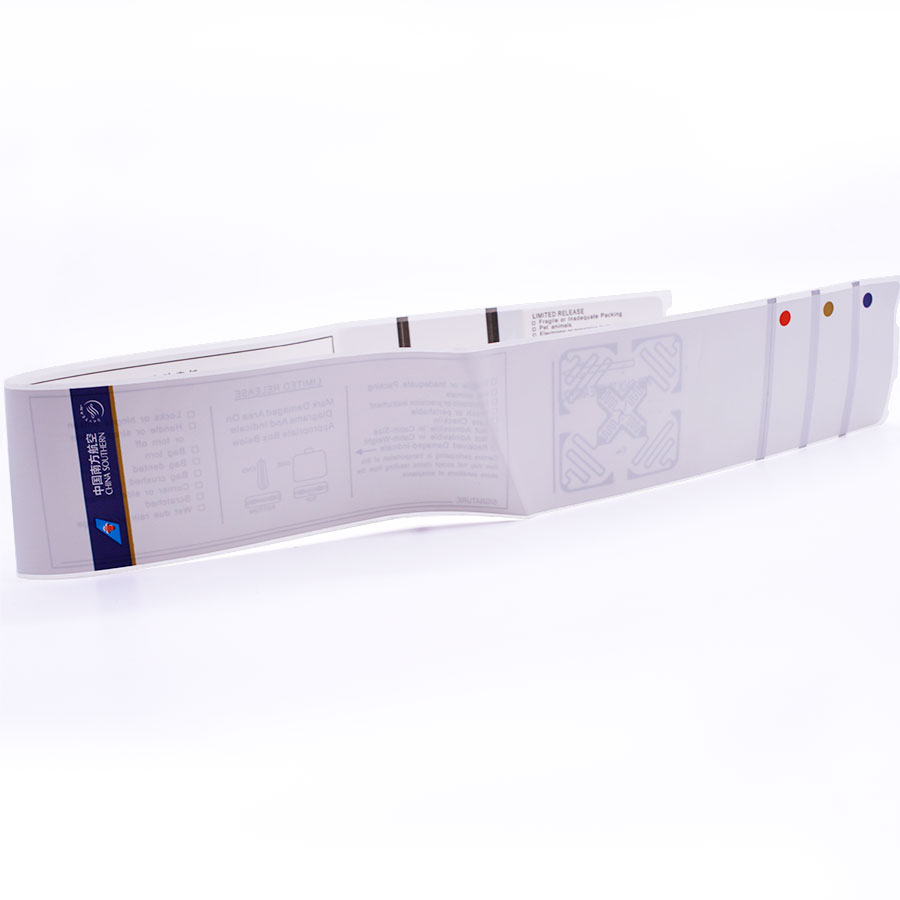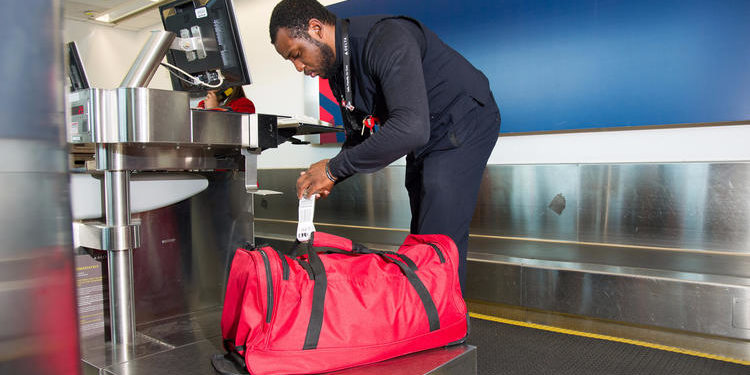 الأيام التي تفقد فيها شركات الطيران الأمتعة, خلق صداع السفر للركاب, يمكن ترقيمها. يمكن لشركات الطيران أن تقلل بشكل كبير من عدد الحقائب التي يتم التعامل معها إذا أضفت أجهزة تردد لاسلكي ة صغيرة إلى علامات الأمتعة الخاصة بهم.
الأيام التي تفقد فيها شركات الطيران الأمتعة, خلق صداع السفر للركاب, يمكن ترقيمها. يمكن لشركات الطيران أن تقلل بشكل كبير من عدد الحقائب التي يتم التعامل معها إذا أضفت أجهزة تردد لاسلكي ة صغيرة إلى علامات الأمتعة الخاصة بهم.
وكان هذا هو الاستنتاج من دراسة قدمتها شركة تكنولوجيا الطيران ومجموعة تجارية الصناعة. The use of radio frequency identification devices (RFIDs) means luggage could be successfully tracked 99% of the time, saving the airline industry $3 billion over the next seven years, the study said.
Most airlines currently print bar codes on luggage tags. Baggage handlers must point a bar code reader — that device that looks like a space-age laser gun — at the tags to make sure the luggage is getting on the correct plane
The advantage of an RFID is that it emits radio wavesthat allow a tag to be read by simply passing it near an RFID scanner. A conveyor belt fitted with RFID scanners can be programmed to stop if a bag is headed for the wrong plane.
The study by Geneva-based SITA and the International Air Transport Assn. said the use of RFID tags could reduce the rates of lost luggage by 25%. SITA estimates that the rate of lost luggage has already dropped by 60% over the past seven years.
Delta Air Linesis using the technology at 25 of its major hub airports, with plans to expand it to 84 airports by the end of the year, including at Los Angeles International. At Delta, the tiny radio frequency devices are embedded in the tags that are printed at every Delta airport check-in counter.
Delta spokeswoman Ashton Morrow said the system does not get every single bag to the right place, but it’s close.
“It gets us from a 90% accuracy rate to a 99.9% accuracy rate,"وقالت أن.
إذا كنت من integrator, يرجى الاتصال بنا مباشرة; إذا كنت تبحث عن حل بالكامل, يمكن أن نقدم لك موحد المحلي الخاص بك مساعدتك على الخروج.





